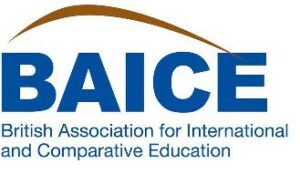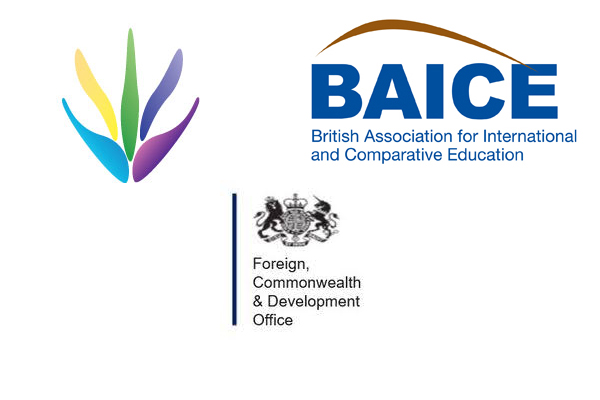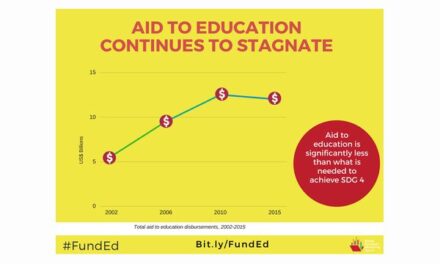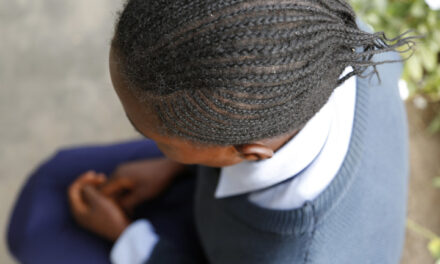The UKFIET and BAICE communities have written to the UK Government to condemn the significant reduction to UKRI’s Official Development Assistance (ODA)-funded budgets for international research. These cuts will impact many constituencies that we represent. The proposed cuts to active research grants will not only damage the UK’s education research base and irrevocably damage collaborative research partnerships in the UK and the Global South, which have been built on years of trust. The cuts will also undermine the UK’s standing as a global thought leader in the international education arena.
The cuts also directly contradict the Government’s commitment to supporting inclusive, good quality education and training for all. It undermines the Government’s priority to support girls’ education, recently reaffirmed by the Prime Minister and championed by the Prime Minister’s Special Envoy on Girls’ Education.
This letter builds on communication between UKFIET and the UK Government in the latter part of 2020 following the announcement of cuts more broadly to the international aid budget. Despite no target being set for education, Wendy Morton MP confirmed the Prime Minister’s commitment to ensuring 12 years of quality education for girls.
The FCDO commitment to education research was stressed: “The UK will continue to show global leadership by investing in robust evidence on ‘what works’ for girls’ education.” We strongly condemn these latest cuts as we believe that this commitment is now in jeopardy.
 |
 |
|
17 March 2021
To: The Right Honourable Kwasi Kwarteng, Secretary of State for Business, Energy and Industrial Strategy The Right Honourable Helen Grant MP, Prime Minister’s Special Envoy on Girls’ Education The Right Honourable Sarah Champion MP, Chair of the International Development Committee Dear Foreign Secretary, Secretary of State, Special Envoy, Chair of the International Development Committee We are writing on behalf of the membership of the United Kingdom Forum for International Education and Training (UKFIET) and the British Association for International and Comparative Education (BAICE) to condemn the significant reduction to UKRI’s Official Development Assistance (ODA)-funded budgets for international research. This letter follows earlier correspondence where we have expressed our concerns at the cuts to ODA funding. Here we focus on cuts to ODA research funding specifically which will impact many constituencies that we represent. The proposed cuts to active research grants will not only damage the UK’s education research base and irrevocably damage collaborative research partnerships built on years of trust, but also undermine the UK’s standing as a global thought leader in the international education arena. The cuts also directly contradict the government’s commitment to supporting inclusive, good quality education and training for all. It undermines the government’s priority to support girls’ education, recently reaffirmed by the Prime Minister and championed by the Prime Minister’s Special Envoy on Girls’ Education. ODA-funded research has played a critical role in enabling the UK to become a world leader in tackling global challenges. The most recent round of GCRF funding alone enabled 141 projects across 16 low to middle income countries, involving 625 partners and employing 1,140 researchers. The proposed cuts place these, and previous investments, under direct threat. As the newest and smallest portfolio under GCRF, education research is particularly vulnerable to the effects of the cuts. This is despite the fact that the education research portfolio covers crucial issues of direct importance to FCDO priorities, including girl’s education, climate change, humanitarian response and open societies and conflict transformation. Operating through interdisciplinary partnerships with research collaborators throughout the Global South, and at a time when education systems have been severely affected by the effects of poverty, conflict and environmental crises, UK’s education research has been a major success story in supporting evidence-based responses. The proposed cuts will leave a £120 million hole in ODA-funded research for 2021-22 overall. There is no systematic, logical or fair way that cuts of this magnitude and the pace can be implemented, with arbitrary decisions inevitable. UK research institutions will not be able to fulfil agreements with overseas partners who are relying on receiving the full value of agreed allocations, many of which have already been written into contracts. Relationships of trust built up over many years between UK researchers and institutions in the Global South will be damaged as will efforts to build capacity in partner countries. The decision sends a message that the UK government is disingenuous in supporting ‘equitable partnerships’ as a basis for collaboration. The reputational damage to the UK Government and to UK researchers and research institutions will be considerable. Moreover, these cuts undermine the broader agreement between government and the university sector, which has pivoted towards the global challenges agenda and dedicated significant resources to support development research including in the area of education and training. GCRF projects include funding for jobs in the Global South and in the UK, many of which are at risk as a result of these cuts. The loss of the research findings that would have been undertaken under this portfolio, including and its potential impact on access to a good quality education for some of the world’s most vulnerable children and adults is devastating. UKFIET and BAICE urge the Government to reconsider these cuts to research funding and renew its commitment to supporting the UK’s world-leading contributions to realising inclusive, good quality, lifelong learning for all. Dr Caine Rolleston Susy Ndaruhutse Dr Tejendra Pherali
|
|





